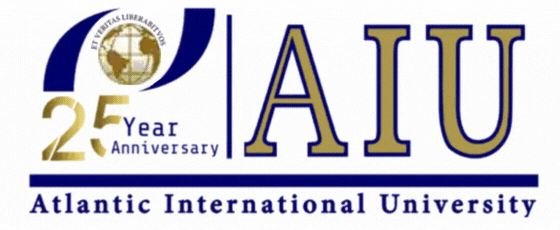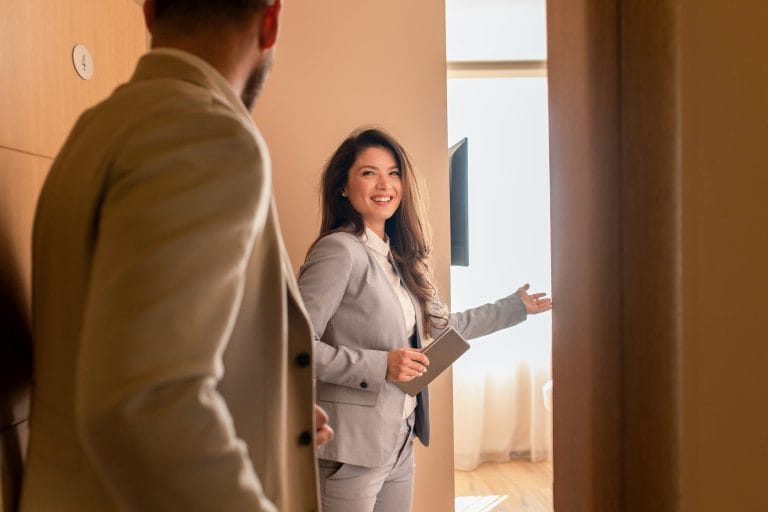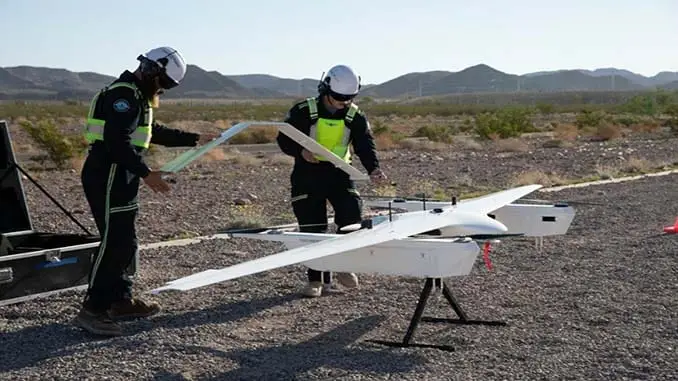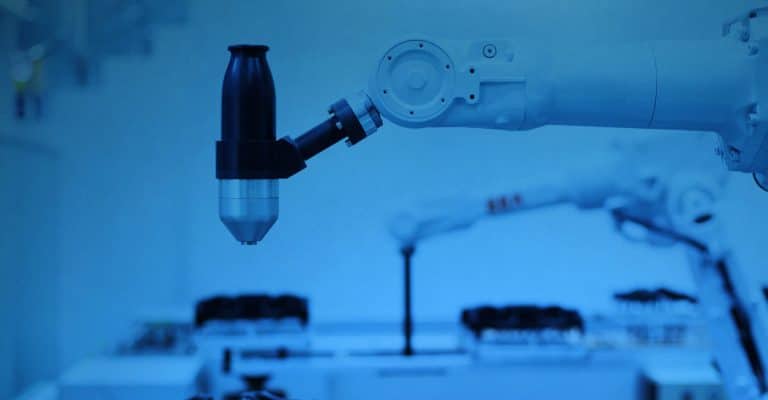Mastering Effective Problem Solving: Unleashing Your Potential
August 21, 2023 2023-08-21 16:17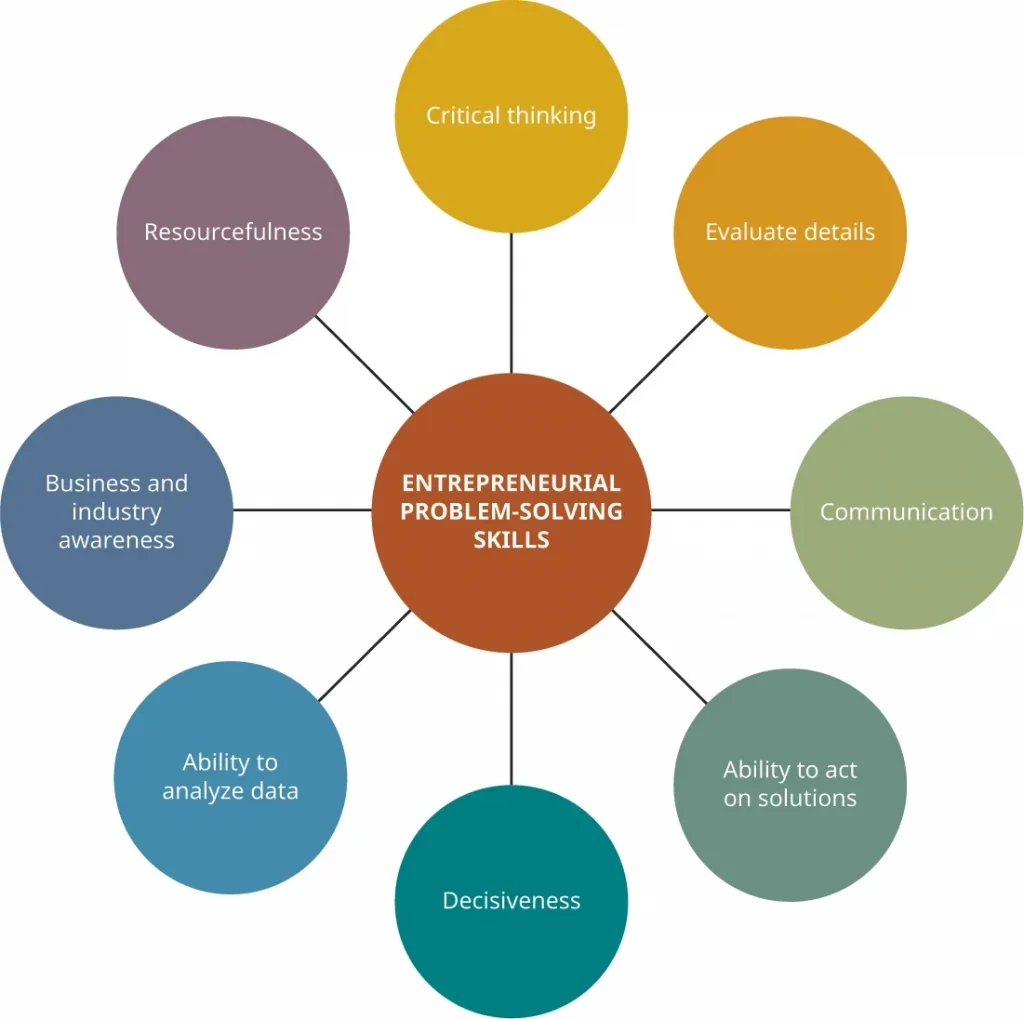
Mastering Effective Problem Solving: Unleashing Your Potential
Introduction: In the realm of personal and professional development, the ability to solve problems efficiently is a skill of paramount importance. The video titled “Characteristics, Attitudes, and Environment for Effective Problem Solving” delves into the fundamental elements that lay the foundation for successful problem-solving. As we journey through this engaging exploration, we will uncover the key traits, mindsets, and surroundings that contribute to mastering the art of problem-solving.
- Embracing a Growth Mindset: The video underscores the significance of adopting a growth mindset—a belief that challenges are opportunities for growth rather than insurmountable obstacles. Cultivating this attitude allows individuals to approach problems with a positive outlook, viewing setbacks as stepping stones toward improvement. A growth mindset fuels curiosity and the willingness to learn, enabling innovative thinking when confronted with complexities.
- Fostering Curiosity and Creativity: Curiosity serves as a driving force behind effective problem-solving. Curious minds ask questions, explore possibilities, and seek unconventional solutions. The video stresses the role of creativity in problem-solving, encouraging viewers to think outside the box. By embracing creative thinking, individuals can unearth novel approaches that might lead to breakthrough solutions.
- Nurturing Persistence and Adaptability: Persistence is a vital trait that separates successful problem-solvers from those who give up easily. The video acknowledges that obstacles are bound to arise, but individuals who persistently tackle challenges inch closer to resolution. Additionally, the ability to adapt to changing circumstances and feedback is crucial. Adaptable problem-solvers remain open to refining their strategies and adjusting their approaches as needed.
- Cultivating a Collaborative Environment: The speaker emphasizes the impact of environment on problem-solving abilities. A supportive and collaborative environment encourages the pooling of diverse perspectives, skills, and experiences. Collaboration fosters brainstorming, sharing of ideas, and mutual learning. By working together, individuals can leverage their collective strengths to arrive at comprehensive and effective solutions.
- Open-Mindedness and Effective Communication: Open-mindedness entails being receptive to alternative viewpoints and considering perspectives that differ from our own. The video highlights that effective communication plays a pivotal role in problem-solving, enabling clear articulation of ideas and active listening to others’ insights. Open dialogue fosters an environment where ideas can be refined, challenged, and merged to formulate robust solutions.
Conclusion: In a world brimming with challenges, developing effective problem-solving skills is indispensable. “Characteristics, Attitudes, and Environment for Effective Problem Solving” reminds us that fostering a growth mindset, embracing curiosity and creativity, nurturing persistence and adaptability, cultivating collaboration, and practicing open-minded communication are the cornerstones of becoming a proficient problem-solver. By internalizing these principles, individuals can confidently face obstacles, transform them into opportunities, and consistently navigate their paths to success.
( This article is based on the content of the video: “Characteristics attitudes and environment for effective problem solving by Antreas Naziris” Watch the video for an in-depth understanding of the concepts discussed.)
Related Posts
Mastering Effective Problem Solving: Unleashing Your Potential
August 21, 2023 2023-08-21 16:17Popular Tags
